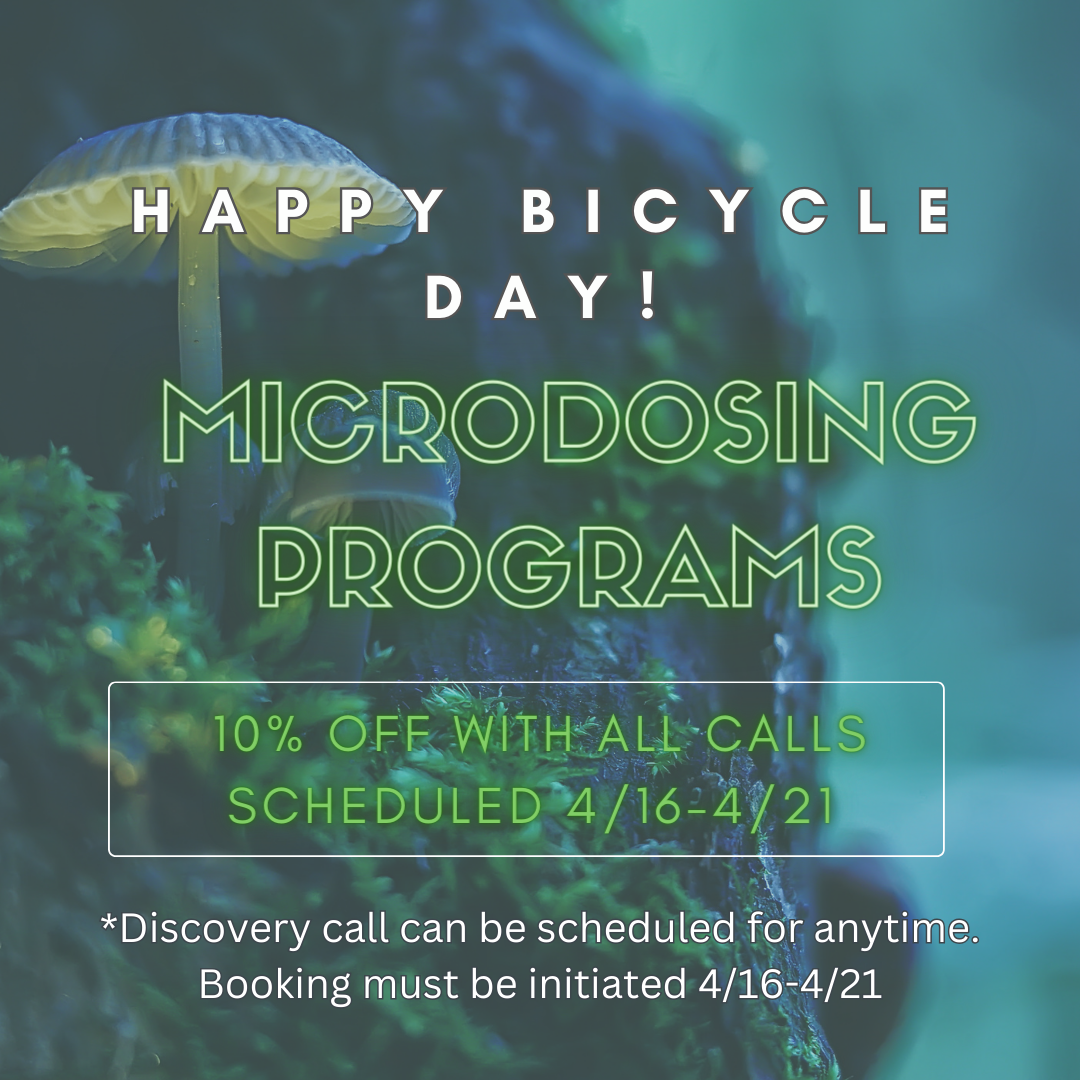THCA vs CBD are two of the most important cannabinoids found in the cannabis plant. While both are non-psychoactive compounds with potential therapeutic benefits, there are several key differences between the two that are important to consider when choosing a cannabinoid for your specific needs.
THCA, or tetrahydrocannabinolic acid, is a precursor to THC, the cannabinoid responsible for the psychoactive effects of cannabis. THCA is found primarily in raw, fresh cannabis plants and is converted to THC through the process of decarboxylation, which involves heating the plant material. CBD, or cannabidiol, is another non-psychoactive cannabinoid found in cannabis that has gained popularity in recent years due to its potential therapeutic benefits.
Understanding the differences between THCA and CBD is important for anyone interested in using cannabis for medicinal purposes. While both cannabinoids have potential health benefits, they have unique qualities that make them more or less suitable for different conditions. In the following article, we will explore the differences between THCA and CBD, their potential therapeutic benefits, and how to choose the right cannabinoid for your needs.
Key Takeaways
- THCA and CBD are non-psychoactive cannabinoids found in the cannabis plant.
- THCA is a precursor to THC and is found primarily in raw, fresh cannabis plants, while CBD is another non-psychoactive cannabinoid with potential therapeutic benefits.
- Understanding the differences between THCA and CBD is important for choosing the right cannabinoid for your specific needs.
Understanding THCA
THCA, or tetrahydrocannabinolic acid, is a non-psychoactive compound found in raw cannabis plants. When cannabis is heated, THCA is converted into THC, which is responsible for the psychoactive effects commonly associated with cannabis use. Here, we will explore the chemical structure of THCA, its effects, and its potential medical benefits.
Chemical Structure of THCA
THCA is a cannabinoid that has a similar chemical structure to THC. However, it differs in that it has a carboxylic acid group attached to its molecular structure. This carboxylic acid group makes THCA non-psychoactive and unable to bind to the CB1 receptors in the brain.
Effects of THCA
THCA does not produce the psychoactive effects associated with THC, but it does have some effects on the body. When consumed, THCA can produce a mild calming effect and may help reduce inflammation. However, more research is needed to fully understand the effects of THCA on the body.
Medical Benefits of THCA
THCA has been studied for its potential medical benefits. Some research suggests that THCA may have anti-inflammatory properties and could be helpful in treating conditions such as arthritis, lupus, and multiple sclerosis. Additionally, THCA may help reduce nausea and vomiting in cancer patients undergoing chemotherapy.
In conclusion, THCA is a non-psychoactive compound found in raw cannabis plants that has potential medical benefits. While more research is needed to fully understand the effects of THCA on the body, it may be a promising area of study for future medical treatments.
Understanding CBD
CBD, or cannabidiol, is one of the many cannabinoids found in the cannabis plant. Unlike THC, CBD is non-psychoactive, meaning it does not produce the “high” associated with cannabis use. In this section, we will explore the chemical structure of CBD, its effects, and its medical benefits.
Chemical Structure of CBD
CBD has the same chemical formula as THC – 21 carbon atoms, 30 hydrogen atoms, and two oxygen atoms. However, the atoms are arranged differently, giving CBD a unique chemical structure. CBD has a hydroxyl group (-OH) attached to the 5th carbon atom, while THC has a cyclic ring structure.
Effects of CBD
CBD interacts with the endocannabinoid system (ECS) in the body, which is responsible for regulating various physiological and cognitive processes, including pain, mood, appetite, and sleep. CBD does not bind directly to the cannabinoid receptors in the ECS, but rather modulates their activity, resulting in various effects.
CBD has been shown to have anti-inflammatory, analgesic, anxiolytic, and antipsychotic properties. It may also have neuroprotective effects and help with various neurological disorders, such as epilepsy and multiple sclerosis. CBD may also reduce the psychoactive effects of THC when taken together.
Medical Benefits of CBD
CBD has been studied extensively for its potential medical benefits. It has been shown to be effective in treating various conditions, including:
- Chronic pain
- Anxiety and depression
- Epilepsy and seizures
- Multiple sclerosis
- Parkinson’s disease
- Inflammatory bowel disease
- Acne
CBD is available in various forms, including oils, capsules, edibles, and topicals. It is important to note that CBD is not a cure-all and may not work for everyone. It is always recommended to consult with a healthcare professional before using CBD for any medical condition.
In summary, CBD is a non-psychoactive cannabinoid found in the cannabis plant. It has a unique chemical structure and interacts with the endocannabinoid system in the body, resulting in various effects. CBD has been studied for its potential medical benefits and may be effective in treating various conditions.
THCA vs CBD
When comparing THCA and CBD, it’s important to understand the differences between these two cannabinoids. Here, we’ll take a closer look at the chemical differences, effects comparison, and medical benefits comparison between THCA and CBD.
Chemical Differences
Both THCA and CBD are cannabinoids found in the cannabis plant. However, they have different chemical structures. THCA is the acidic precursor to THC, the psychoactive compound in cannabis. When THCA is heated or decarboxylated, it converts to THC. CBD, on the other hand, is a non-psychoactive cannabinoid that does not produce a “high” like THC.
The molecular structure of THCA and CBD also differs. THCA has a carboxylic acid group, while CBD has a hydroxyl group. These differences in chemical structure affect how the cannabinoids interact with the body’s endocannabinoid system.
Effects Comparison
THCA and CBD have different effects on the body. THCA is non-psychoactive and does not produce the euphoric “high” associated with THC. However, it may have anti-inflammatory, antiemetic, and neuroprotective effects. CBD, on the other hand, has been shown to have a wide range of therapeutic effects, including anti-anxiety, anti-inflammatory, and analgesic properties.
When comparing the effects of THCA and CBD, it’s important to note that they may interact differently with the body’s endocannabinoid system. Research suggests that THCA binds to PPAR receptors, involved in neuroprotection, while CBD interacts with dozens of receptor sites, having multiple medicinal effects.
Medical Benefits Comparison
Both THCA and CBD have potential medical benefits. THCA may be beneficial for conditions such as nausea, inflammation, and neurodegenerative diseases. CBD, on the other hand, has been shown to have a wide range of therapeutic effects, including reducing anxiety, relieving pain, and improving sleep.
It’s important to note that more research is needed to fully understand the medical benefits of THCA and CBD. While both cannabinoids show promise, it’s important to consult with a healthcare professional before using cannabis for medical purposes.
In summary, THCA and CBD are two different cannabinoids with different chemical structures and effects on the body. While both show promise for medical use, more research is needed to fully understand their therapeutic potential.
THCA vs CBD Final Thoughts
In conclusion, THCA and CBD are two important cannabinoids found in cannabis plants that have potential therapeutic benefits. While both compounds are non-psychoactive and share some similarities, there are several key differences between them that are important to consider when choosing a cannabinoid for your specific needs.
THCA is the acidic form of THC and is found primarily in raw, fresh cannabis plants. It is the precursor to THC and does not produce psychoactive effects until it is decarboxylated. THCA has potential anti-inflammatory, neuroprotective, and anti-emetic properties, making it a promising candidate for the treatment of conditions such as arthritis, epilepsy, and nausea.
CBD, on the other hand, is a non-psychoactive cannabinoid that is found in both hemp and marijuana plants. It has potential anti-inflammatory, anti-anxiety, and analgesic properties, making it a promising candidate for the treatment of conditions such as anxiety, chronic pain, and epilepsy.
When choosing between THCA and CBD, it is important to consider the legal status of each compound in your country or state. In the United States, hemp-derived products with less than 0.3% THC are legal in all 50 states under The Farm Bill Act of 2018. However, only a select few states permit recreational cannabis usage, which may include the purchase of these products.
Overall, both THCA and CBD have potential therapeutic benefits and may be useful in treating a variety of conditions. However, it is important to consult with a healthcare professional before using either compound, as they may interact with other medications and have potential side effects.
Frequently Asked Questions
What are the benefits of using THCA?
THCA is believed to have anti-inflammatory and neuroprotective properties, making it potentially beneficial for conditions such as arthritis, Multiple Sclerosis, and Parkinson’s disease. Some users also report that THCA helps with nausea and vomiting.
Is THCA and CBD the same?
No, THCA and CBD are two different compounds found in the cannabis plant. THCA is the acidic precursor to THC, while CBD is a non-psychoactive cannabinoid that does not produce a “high” feeling.
Is CBD or THCA better for pain?
There is no clear answer to this question as both compounds have different effects on the body. Some users report that CBD is more effective for pain relief, while others find THCA to be more helpful. It may be best to try both and see which works best for you.
How powerful is THCA?
THCA is not psychoactive on its own, meaning it does not produce a “high” feeling. However, it can be converted to THC through a process called decarboxylation, which involves heating the plant material. The potency of THCA can vary depending on the strain of cannabis and other factors.
What are the effects of THCA flower?
THCA flower will produce psychoactive effects when smoked, as it converts to THC. THC has potential to reduce inflammation and nausea, as well as help with sleep and other conditions.
How is THCA flower made?
THCA flower is made by harvesting cannabis plants before they have a chance to fully mature. The plant material is then dried and cured to preserve the THCA content. THCA flower can be consumed in a variety of ways, including smoking, vaping, and cooking. When it is smoked or heated, it converts to THC and will have psychoactive effects.
Last Updated on September 29, 2023 by Megan Mbengue, BSN, RN, CHPN


